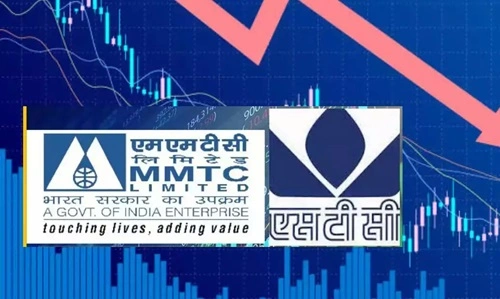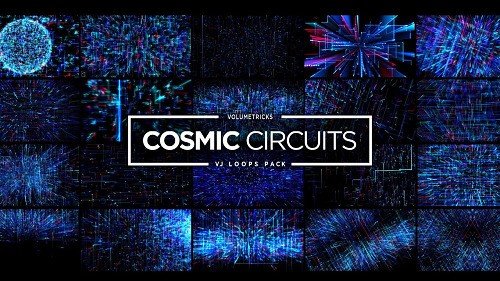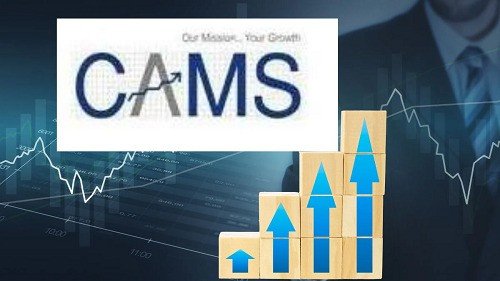Metals and Minerals Trading Corporation of India Limited (MMTC Ltd), established in 1963, stands as one of India’s premier public sector trading entities. Operating under the aegis of the Ministry of Commerce, MMTC has been instrumental in facilitating international trade for the nation. The company’s diverse portfolio encompasses the export and import of a wide array of commodities, including minerals, metals, precious metals, coal, and agro-products. This article delves into MMTC’s business model, elucidating the primary avenues through which the corporation generates revenue.
Core Business Segments

-
Minerals and Metals Trading:
- Exports: MMTC has historically been a significant exporter of minerals such as iron ore, catering primarily to markets in Japan, South Korea, and Europe. The corporation has secured substantial deals, including an ₹800 crore agreement with Japanese and South Korean companies for iron ore supply.
- Imports: To support domestic industries, MMTC imports essential ferrous and non-ferrous metals, ensuring a steady supply chain for sectors like manufacturing and infrastructure.
-
Precious Metals:
- MMTC is recognized as one of Asia’s largest importers of gold and silver. The corporation imports these precious metals and supplies them to domestic markets, including jewelers and financial institutions. In the fiscal year 2008–09, MMTC’s share was 146 tonnes of gold out of the total import of 600 tonnes in India.
-
Agro Products:
- The company engages in the import and export of agricultural commodities, including wheat, rice, pulses, and edible oils. This segment aims to stabilize domestic markets and ensure food security by bridging demand-supply gaps.
-
Coal and Hydrocarbons:
- MMTC imports coking coal and other hydrocarbons to meet the requirements of the steel and energy sectors in India. By acting as an intermediary, the corporation ensures the availability of essential raw materials for key industries.
-
Fertilizers:
- To support the agricultural sector, MMTC imports fertilizers, ensuring that Indian farmers have access to necessary inputs for crop production.
Revenue Generation Mechanisms
MMTC’s revenue model is multifaceted, leveraging its extensive network and expertise in international trade:
-
Trading Margins:
- As a trading intermediary, MMTC purchases commodities from producers or international suppliers and sells them to end-users or domestic markets at a markup. This margin constitutes a primary source of revenue.
-
Service Charges:
- The corporation offers value-added services such as quality inspection, logistics management, and financing solutions, charging fees for these services.
-
Joint Ventures and Strategic Alliances:
- MMTC has entered into joint ventures, such as Neelachal Ispat Nigam Ltd., to enhance its operational capabilities and revenue streams. These collaborations allow MMTC to participate in production activities, securing a share of profits from manufacturing and processing operations.
-
Third-Country Trade:
- Engaging in third-country trading, MMTC facilitates transactions where goods are sourced from one country and supplied to another, without entering Indian territory. This approach enables the corporation to capitalize on global trading opportunities and earn commissions.
Financial Performance Overview
In recent years, MMTC has experienced fluctuations in its financial performance:
-
Revenue Trends:
- The company has reported a decline in sales growth, with a decrease of 83.7% over the past five years.
-
Profitability:
- Despite challenges, MMTC has managed to report profits. However, the company has not been distributing dividends, opting to reinvest earnings into operations.
-
Recent Financials:
- For the quarter ending September 2024, MMTC reported standalone net sales of ₹1.56 crore, a 13.81% decrease year-over-year.
Strategic Initiatives and Future Outlook
To navigate the dynamic global trade environment, MMTC has undertaken several strategic initiatives:
-
Diversification:
- The corporation is exploring new commodities and markets to mitigate risks associated with dependence on specific products or regions.
-
Digital Transformation:
- Implementing digital tools and platforms to streamline operations, enhance transparency, and improve efficiency in trading activities.
-
Sustainability Focus:
- Aligning with global sustainability trends, MMTC is emphasizing the trade of environmentally friendly products and adopting green practices in its operations.
Challenges
Despite its extensive experience and strategic initiatives, MMTC faces several challenges:
-
Market Volatility:
- Fluctuations in global commodity prices can impact trading margins and profitability.
-
Regulatory Changes:
- Alterations in trade policies, both domestically and internationally, can affect operations and revenue streams.
-
Competition:
- The emergence of private trading companies and direct procurement by large industrial players intensifies competition in the trading sector.
Conclusion
MMTC Ltd’s business model is anchored in its role as a pivotal trading intermediary, facilitating the flow of essential commodities into and out of India. Through its diversified portfolio and strategic initiatives, the corporation continues to adapt to the evolving global trade landscape, striving to maintain its position as a leading international trading house.

